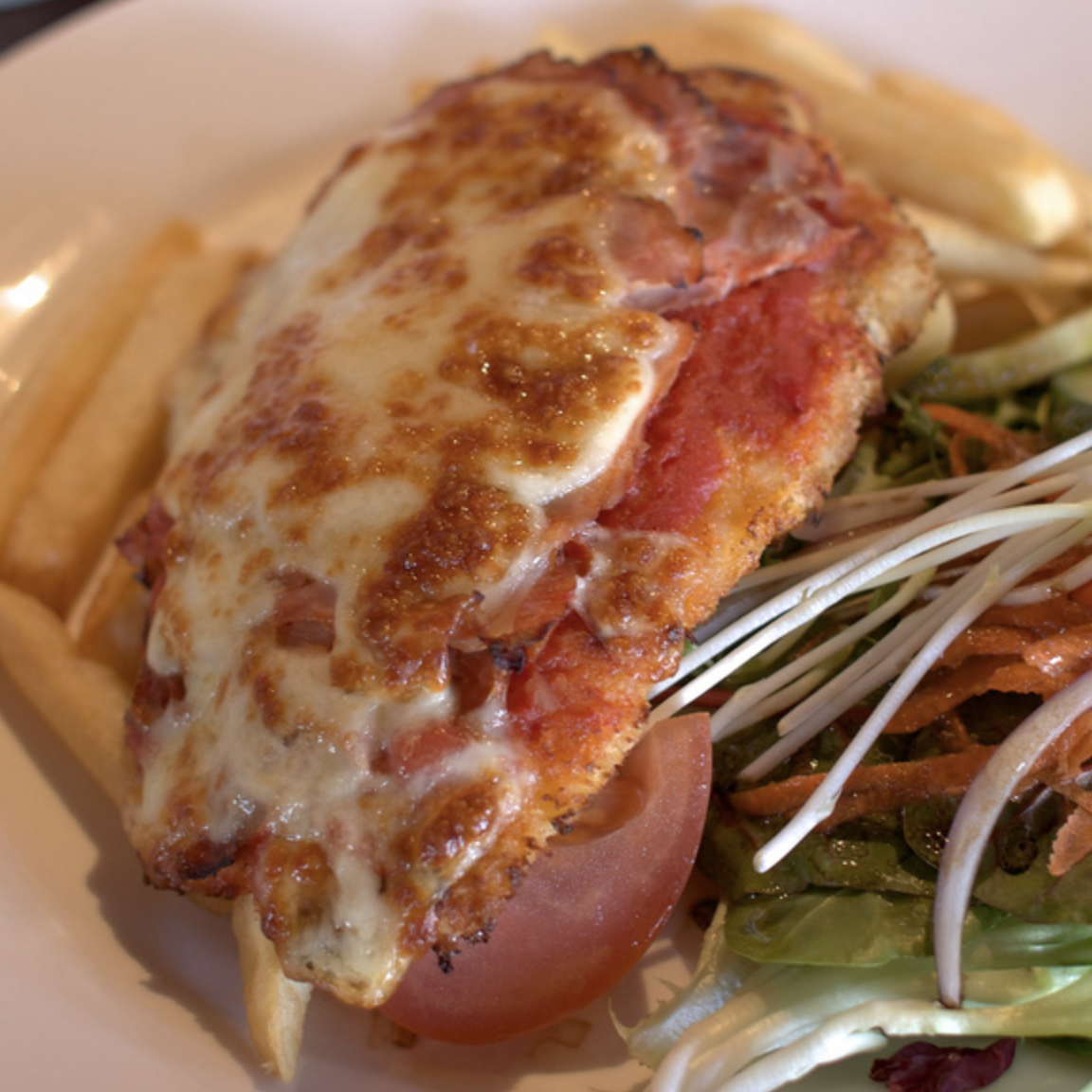Parmas still making hay for drought-affected farmers, as pubs push on with fund-raiser
🔗 [SYSTEM UPDATE] Link found. Timestamp incremented on 2025-11-26 13:55:13.The Notting Hill Hotel is sticking with Parma For a Farmer until they've reached the target. PRAGYATA SHARMA reports.


By PRAGYATA SHARMA
The Notting Hill Hotel is encouraging patrons to continue donating to drought-stricken NSW farmers through the Parma For a Farmer and Buy a Bale initiatives.
Despite the initiative formally ending in August, the Notting Hill Hotel is continuing to raise funds until the goal of $9500 is reached – the equivalent of one truck of hay.
Notting Hill Hotel general manager Kris Chapman said the hotel had already raised $5723 but was determined to continue to reach their target.
As part of a national campaign, eateries around Australia agreed to donate at least $1 for every parmigiana sold to the Buy a Bale Campaign, which transports bales of hay to drought affected areas across Australia.
Mr Chapman said that since starting the initiative in early August, the number of parmigianas sold by the hotel had increased to “about 300 a week”.
“I absolutely think the community is taking an interest in the initiative,” he said.
Monash University student Rebekah Crawley said that much of this success was due to the convenience of the initiative.
“I live in Clayton, so frequent the Nott fairly regularly,” she said. “After a big day of uni I might head down with some friends to get a parma and a cheeky bev … and the Nott does [them] really well.”

Monash University student Lily Christopher, who grew up on a farm, said that the initiative is closely linked with Australian ideals of mateship.
“I just think that Australians really love to band together to support people in need and doing so through an avenue that they already enjoy is a perfect combination.”
“I’m a huge fan of going down to the pub and catching up with some mates on a Friday night … so it’s so easy to enjoy that and raise funds for a good cause at the same time,” said Ms Christopher.
The New South Wales government declared on the ABC that “100 per cent” of New South Wales is currently in drought, while the Burueau of Meteorology’s monthly weather review found that it was nationally the driest July since 2002.





